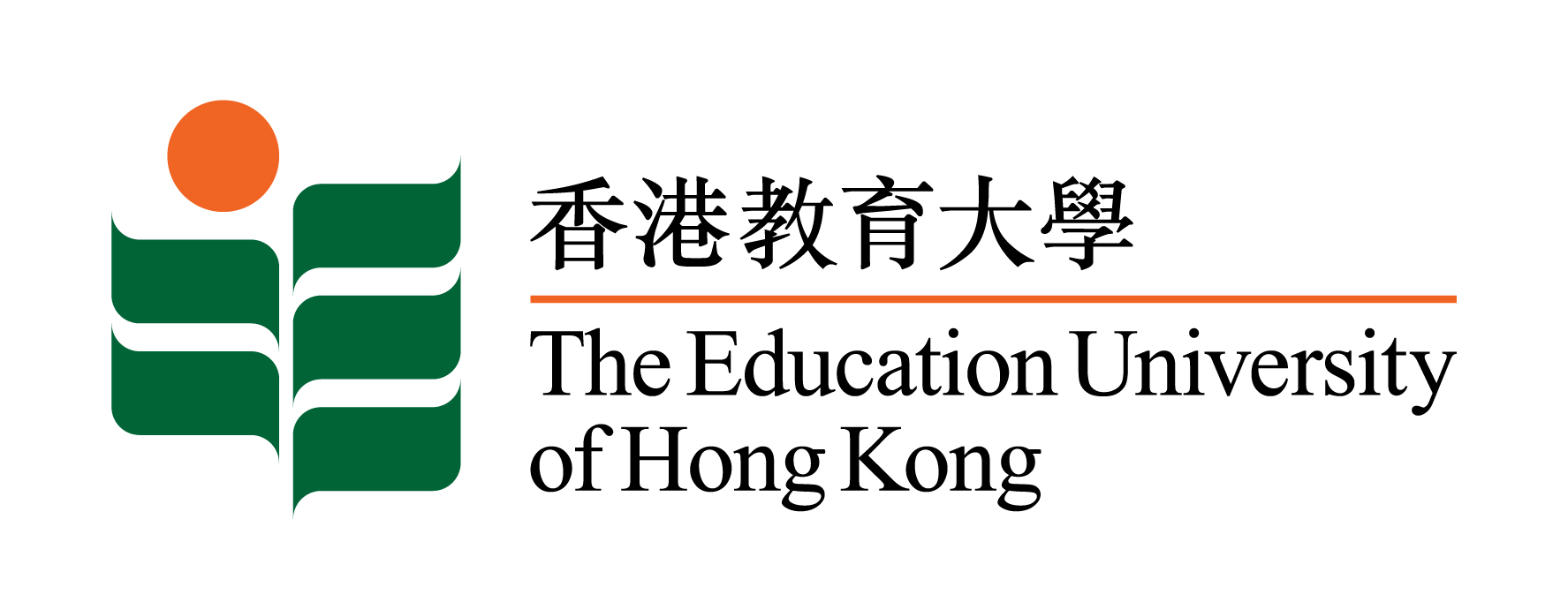Exploring Language Development through Serial Narrative Ethnography
On June 2, 2025, Professor Agnes Weiyun He from SUNY-Stony Brook University delivered a seminar titled "A Serial Narrative Ethnographic Approach to Language Socialization Research." The session introduced an innovative methodology that bridges narrative inquiry and linguistic anthropology to study language development across transnational contexts. Professor He, a Guggenheim Fellow and leading scholar in heritage language studies, emphasised the need to move beyond snapshot research designs toward longitudinal perspectives capturing the fluidity of language socialization.
Central to her framework is Serial Narrative Ethnography (SNE), which addresses gaps in conventional studies by collecting "thick" contextual data alongside "long" temporal trajectories. This quasi-longitudinal approach examines distinct age cohorts—such as child, teen, and young adult heritage speakers—to reconstruct language repertoires evolving through life stages. Professor He demonstrated SNE’s application through her research on Chinese as a Heritage Language (CHL), revealing nuanced patterns of language shift. For instance, childhood language brokering for grandparents coexisted with teenage resistance to Mandarin honorifics ("奶奶/Nǎinai"), reflecting identity negotiations between home culture and societal integration.
The seminar further analysed how parental language ideologies, such as prioritising English for children’s socioeconomic mobility, paradoxically accelerated heritage language attrition. Dinner-table interactions illustrated these tensions, where code-switching signalled intergenerational disconnection. While SNE excels in capturing micro-level dynamics and transnational hybridity, Professor He acknowledged methodological challenges, including verifying narrative authenticity and ensuring cohort comparability.
In closing, she linked these insights to language education, advocating for policies recognising heritage languages as dynamic repertoires rather than static skills. The seminar concluded with Toni Morrison’s meditation on language as a measure of human existence, which frames linguistic acts as resistance against erasure (e.g., preserving heritage languages), ethical responsibility (precision thwarts oppression), and core humanity (beyond biological survival). This aligns with SNE’s focus on language as identity preservation across generations, underscoring SNE’s potential to advance equitable multilingualism research. Attendees engaged in a lively Q&A discussing ethical considerations in immigrant narratives and SNE’s adaptability to digital ethnography.



